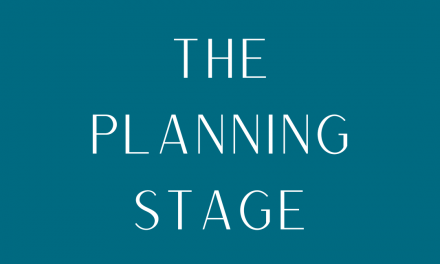Are you prepared for the tightrope walk to transition your business?
Let’s dive into another deeply personal topic for many of us in the ‘Travel and Learn’ community. We’re talking business transition – specifically, what happens when we’re the entrepreneur owner behind the desk who wants to swap out day-to-day in person involvement for the full-time travel lifestyle. You’ve finished the Dreaming Stage of defining your travel goal, but what about your business goals? Will you depend on the income from your current grounded business as you full-time travel?
How long it takes to transition your business affects the length of your Planning Stage . Have you included this important part of your life when you identified your current life responsibilities and how they’ll be affected?
Dave and I have always championed entrepreneurs in any form, but we recognize that only some businesses fit neatly into the portable, online, digital nomad model. Many companies thrive on the personal touch, the face-to-face meetings, and their founders’ palpable, on-ground presence.
If you have employees, partners, or investors, we HIGHLY recommend working through your questions with trusted business experts experienced in working with businesses your size and, ideally, in your niche. As leader, you might benefit from including a business coach to help you stay focused and on track.
Consider creating a transition team of experts to guide you. Their external perspective and objectivity can lead you to solutions faster and with stronger long-term outcomes. This same transition team could include your business consultant, personal business coach, financial planner, lawyer, accountant, and all stakeholders.
We’ve included a variety of questions to jump-start your thinking, but this is by no means an complete list, nor is it specific to your unique business situation. Only you know what’s best for your business and what questions you need to answer.

The Unique Challenges of a Location-Dependent Business
For many entrepreneurs, their business is their baby. They’ve grown it from a dream into a successful business. It’s a source of pride, income, and community impact. But what happens when the call to long-term travel grows louder? Unlike jetting off for a two-week vacation, transitioning to the full-time travel lifestyle can require a significant overhaul of business expectations and outcomes.
Knowing you’ll soon resume the reins, a trusted co-owner, manager, or employee might cover operations during a short vacation. However, replacing you while you full-time travel is an entirely different situation with unforeseen challenges. It means looking at your business with fresh eyes and asking yourself and your team tough questions.

Evolving Business Operations
As entrepreneurs, we often wear multiple hats that can change at any time. As your business grows beyond the point where you can juggle it all, outsourcing tasks or hiring employees becomes critical. Accepting a ‘Change is Healthy’ mindset will serve you well if you recognize your transition as also an opportunity for you and your business to evolve.
In addition to examining your business overall, it’s worth investing time to analyze the essence of your role. Your potential transition into the full-time travel lifestyle may be the best opportunity to overhaul your business operations.
Reflective Questions:
- If you had to describe the core of your role in your business, what would it be?
- Can your business function, even for a bit, without you being physically present?
- How can your business evolve to function well without being constantly on-site?
- What tasks demand your personal touch?
- Can you delegate or automate any tasks?
- Could you offer certain services online or diversify?
- Which areas of your business can be automated or moved into an online format?

Rethinking Infrastructure and Personnel
Next, consider your current operational model. Often, small business owners are so focused on managing the day-to-day that they must catch up on defining the bigger picture. If you were to ask them to describe their operating model, and they might say, “Barely hanging on.” instead of detailing their structure and management philosophy. If your business is well-established beyond the initial start-up phase, it’s often easier to detail your current optional model. Your business consultant can provide structure and guidance as you define what exists and then analyze how well it’s working.
Reflective Questions:
- Are you receptive to receiving and implementing the recommendations of a trusted business consultant?
- To maintain business efficacy, do you need to implement systems, technologies, or personnel changes?
- Is it time to invest in advanced CRM software?
- Could you benefit from hiring a remote working team or training existing staff to handle higher responsibilities?

Growth and Relationships On-The-Go
As you already know, business isn’t just about daily operations; it’s about growth, innovation, and relationships. In the satellite Wi-Fi age, keeping connections living the full-time travel lifestyle has become more manageable. Regular virtual meetings, attending key events or conferences occasionally, and ensuring transparent communication can go a long way.
Reflective Questions:
- How will you ensure continued growth, address challenges, and maintain relationships with clients and partners while on the move?
- Can you periodically check in, offer virtual training, or even return to the office for short periods to re-immerse and guide your most important relationships?
- How can you maintain your targeted growth momentum from afar?
- What strategies can you implement to nurture client relationships and ensure they feel valued, even with you being miles away?
- Are you open to considering mergers, partnerships, or selling the business if that aligns with your long-term vision?
Embracing a full-time travel lifestyle while owning a location-dependent business is an intricate dance, and overcoming challenges might feel daunting. It requires a blend of trust – in your team, technology, and ability to guide and possibly lead from a distance. Every challenge also presents opportunities for growth and innovation. The key lies in preparation, flexibility, a focus on communication, and a willingness to adapt.





